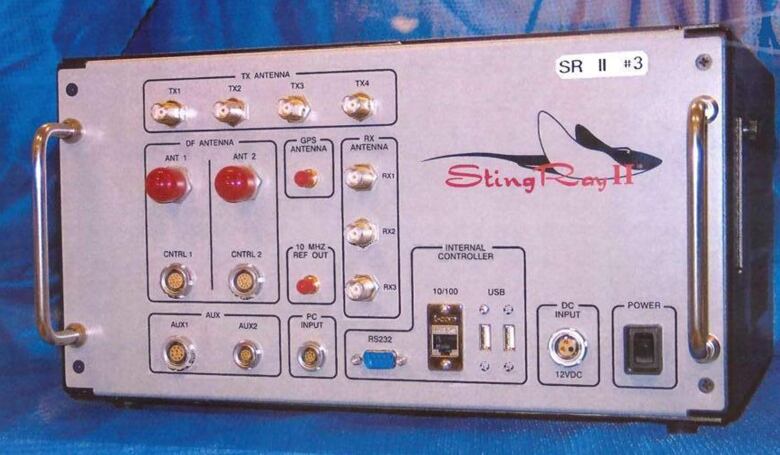Prosecutions against dozens of suspected mobsters halted, but Crown vague on why
Surprise decision raises question about a little-known surveillance tactic used by RCMP

Several dozen suspected members of the Montreal Mafiacould walk free after federal prosecutorsdecided to halt proceedings against them today.
But prosecutors arevague about the reasons for the decision, raisingspeculation they are uneasy about evidence gathered usinga secretive and controversial surveillance technique.
Between 2014 and 2016, RCMP officers boasted of the success of Operation Clemenza, a multi-pronged operation that led to the arrests of close to 50 people on charges ranging from drug trafficking to kidnapping to firearm possession.
The operation was hailed as a major blow to the Montreal Mafia, which at one time was considered among the most powerful organized crime networks in the country.
On Tuesday, lawyers for the federal government issued 36 stays of proceedings for those rounded up in OperationClemenza.
That means prosecution is effectively being abandoned against these suspects, though the Crown has the option of resuming prosecution within a year. Eleven cases will still go ahead.
Crown prosecutorSabrinaDelli-Fraine told reporters outside the courtroom in Montreal that the decision was based on "many factors."

Among them, she said, isa recent Supreme Court decisionknown as the Jordan ruling,which puts limits on the delays an accused canface before going to trial.
She also mentioned thatthe evidence gathered by the RCMP raised "unprecedented legal questions," but declined to say more.
BlackBerrys key to probe
At the time of the first arrests in 2014, the Mounties spokeof having intercepted around one million messages betweenBlackBerryusers (so-called PIN-to-PIN messages).
"This is themost important interception of its kind in the context of a major investigationin North America,"Insp. MichelArcandhad said then.
In court documents unsealed last year, it was revealed the RCMPrelied on a"covert intercept unit" as part of Operation Clemenza.
The unit used a device called a "mobile device interceptor"sometimes known as a Stingray, after a popular brand name which mimics a cellphone tower. Ittricks cellphones within a given radius into sharing information with the device operator, such as location, data transmissions, texts, emails and voice conversations.

The RCMP have, in recent years,gone to great lengths to keep secret details of the deviceand how it'sused. Several media organizations, including the CBC, have challenged these attempts in court.
The use of mobile device interceptors, or MDIs, has alarmed privacy advocates, who point out theyare unable to single out specific cellphones, butcapture all cellphonedata within a given area, even those of people not targeted by an investigation.
Such sweeping capabilities reflectthat MDIswere initially designed for intelligence gathering, and not forensic investigations, said Christopher Parsons, a privacy expert at Citizen Lab.
"Policemay be concerned they will not hold up [in court],"Parsonssaid. "There might be questions or debates as to the way in which data is collected, at least using some of the olderdevices."
Secret no more
Until last year, Crown lawyers had been able to avoid revealing details of how investigators gathered evidence as part of Operation Clemenza.
Seven people pleadedguilty in March 2016 for their role in the killing of Salvatore Montagna, a high-ranking member of a New York crime family gunned down near Montreal in 2011.
The guilty pleas meant the Crown did not have to disclose evidence to the defence. But court challenges by the media later brought out details of the surveillance operation that allowed them to solve Montagna's murder.
As part of those subsequent disclosures, it was revealed the RCMP combined information gathered fromthe MDIs with a global decryption key that allowed them to read normally encrypted PIN-to-PIN BlackBerry messages.

It is not clear how the RCMP gained access to the key.
The degree to which such considerations influenced the Crown's decision on Tuesday to seek stays of proceedings is unclear.
NDP Leader TomMulcairasked the prime ministerduring question periodwhy the proceedings were halted. JustinTrudeauwasevasivein his answer.
"We are constantly working to improve our justice system, to ensure criminals are pursued and face consequences for what they do,"Trudeausaid.
"There is always work to do to improve that system."
With files from Jessica Rubinger












_(720p).jpg)


 OFFICIAL HD MUSIC VIDEO.jpg)
.jpg)



























































































